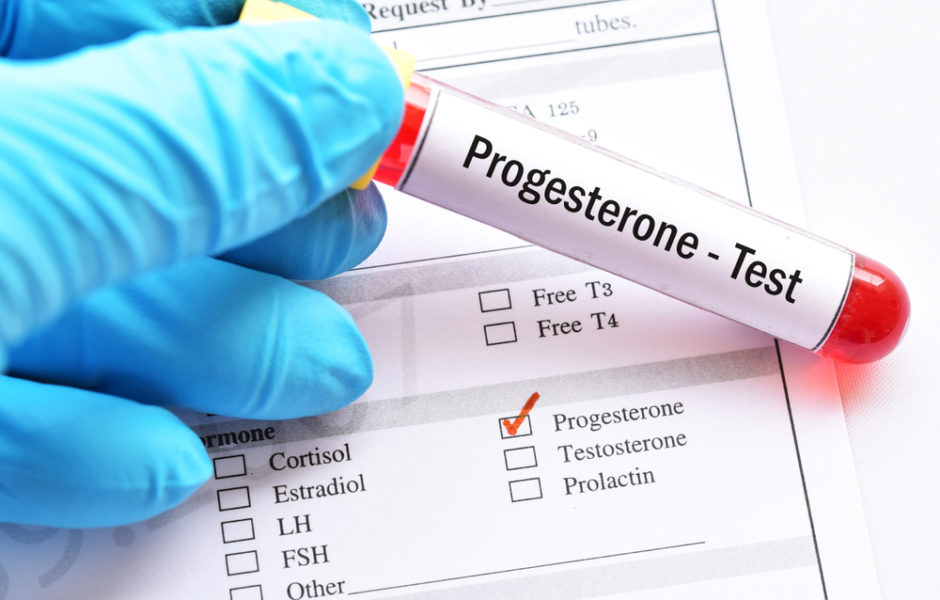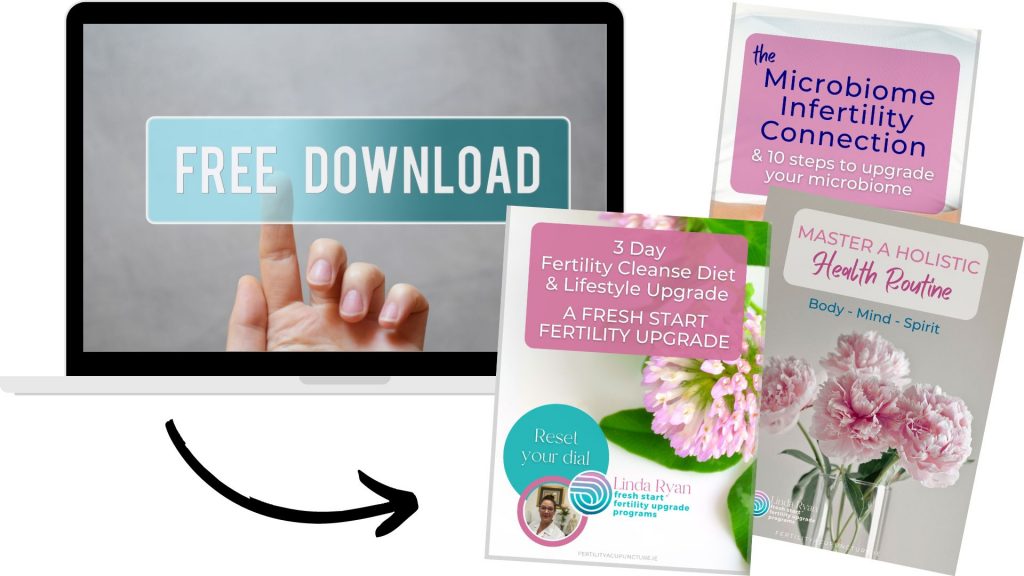Day 21 Bloods
What Hormone does Day 21 Bloods test?
The “Day 21 Bloods” is a test for the level of the hormone Progesterone.
What are Day 21 Bloods?
Day 21 bloods is the common name for the Progesterone hormone test of a blood sample taken on the 21st day of your menstrual cycle.
Why test on day 21? The progesterone test is commonly performed on Day 21 because the 21st day of your menstrual cycle is supposed to be 7 days after ovulation. 7 days after ovulation your progesterone level should be high enough that it will indicate whether or not you have ovulated and when and if the level of progesterone is high enough to perform it’s intended purpose (read more on that below).
So, if you have a text book perfect period: your cycle will be exactly 28 days long with ovulation happening exactly on day 14, but if your cycle is not 28 days long and/or if you are ovulating earlier or later than day 14, then having the test on day 21 may provide information about the timing of your ovulation and what that means about the length of your cycle, etc..
Read on to discover when is the best day of your cycle to test your progesterone level, what the possible purposes of the day 21 bloods are and to find out just how important the role progesterone plays in reproduction.
When to test Progesterone levels
You can have your progesterone level tested on other days than day 21 of your cycle. You start counting your Cycle Day 1 from the first day of full flow menstrual bleeding, not when spotting starts. The timing of reproductive blood hormone tests are important because each of the many reproductive hormones sets up the necessary stages of the menstrual cycle (thickening the womb lining, maturing eggs, triggering ovulation, maintaining a pregnancy so an embryo can continue to grow, etc.).
There can be variation of the actual day when the blood is drawn for the progesterone test because:
⦁ sometimes you just can’t have blood drawn on Day 21, for example due to it being a weekend and the doctor’s office is closed or you have to be at work that day. (You can now purchase at home progesterone tests, do a Google search to find a retailer near you)
⦁ performing the test on day 21 may not provide an accurate reflection of the information you are looking to gain. Know what you are trying to learn from testing your progesterone level: for example, are you trying to pin point the timing of ovulation or are you trying to determine if you have enough progesterone to maintain a pregnancy? This is so you and your doctor can determine the best day to test your progesterone level.
What is the purpose of the Day 21 Blood Progesterone Test?
Hormones are messages that tell your body what to do and when to do it. The menstrual cycle is driven by very particular hormones. The purpose of testing this particular hormone Progesterone during the Luteal phase (The luteal phase is the time just after ovulation up until your period starts.) of the menstrual cycle is to determine:
⦁ if you ovulated
⦁ when you ovulated
⦁ if you have a high enough level of Progesterone to maintain a pregnancy
⦁ possible onset of perimenopause/ menopause
The information of when you ovulated is important because if you ovulate too early, your eggs might not have matured enough. If you ovulate too late, that also may effect the quality of your eggs as well as not leaving enough time for an embryo to implant.
What does Progesterone do in relation to reproduction?
A drop in Progesterone is what signals your body to start your period, so if you are trying to get pregnant, having a high enough level of progesterone is key. And if you just want a normal length menstrual cycle, progesterone plays a significant role in when your period starts.
The timing of your body pumping out progesterone begins just after ovulation: the follicle that the egg matured in and is released from collapses just after ovulation and is renamed the “corpus luteum”. The corpeus luteum will continue to pump out progesterone in the 2 weeks after ovulation to help maintain a possible pregnancy. If conception does not happen, the progesterone level will fall and this falling level in progesterone will signal the body to start a period and menstruation occurs thus starting a new menstrual cycle over again.
If conception and implantation of an embryo does happen (pregnancy), then the collapsed follicle/corpus luteum continues to release progesterone through the first trimester while the placenta is being formed. At the end of the first trimester the placenta then takes over this function of releasing progesterone from the corpus luteum and it is the placenta that continually releases progesterone for the remainder of the pregnancy, thus helping to maintain a pregnancy to full term.
Interesting fact: Your body can convert Progesterone in to other hormones like cortisol as needed. This is commonly referred to as “the progesterone steal”.
When perimenopause/ menopause begins, the reproductive hormones begin to wane, the menstrual cycle changes: The cycle length can get shorter or longer and eventually it stops. Symptoms like mid-cycle spotting, insomnia and hot flashes may occur. This day 21 blood test as well as Day 3 Blood Tests can determine your hormone levels and if you are starting to enter menopause / peri menopause. Hormone levels usually start to change at around age 40, but some women may experience early onset menopause.
Remember, to have the progesterone you need, you first need that egg to come out out of the follicle (ovulation) so the follicle can then collapse and then start pumping out the progesterone. Other reproductive hormone blood tests that are extremely helpful in determining what is happening in the first part of your menstrual cycle before ovulation are referred to as Day 3 Bloods. The Day 3 bloods can help determine if the follicle with the egg in it is even growing, if your womb lining is thickening and more.
Check out our Fertility Diet & Lifestyle Program and our Best 2 week wait Program, just click on the SHOP button
take the guess work & hassle out of what to eat & what to do
FREE: 3 Day Fertility Cleanse Diet & Lifestyle Upgrades
Yours FREE to help kick start you moving in the right direction
-
The 3 Day Fertility Cleanse Diet
-
The Lifestyle Guide: Learn about hormone disrupting chemicals & ways to eliminate them
-
The How to Master a Holistic Health Routine for your Body, Mind & Spirit Lifestyle Guide
- The Microbiome Fertility Connection & 10 Steps to Repair Your Microbiome Upgrade Guide
follow me on instagram for fertility tips, advice & motivation:


